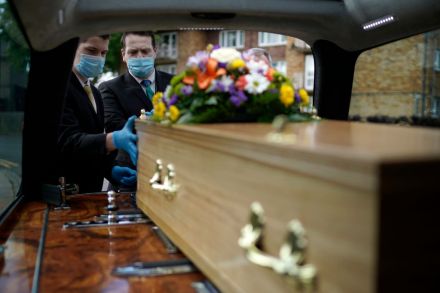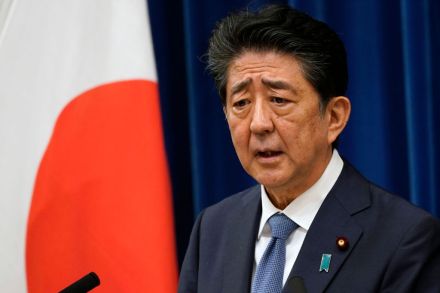The chilling treatment of Piers Corbyn
If you were looking for the archetype of a crank it would be Piers Corbyn. Rather like his long-forgotten younger brother, he has an unfortunate habit of consorting with people who hold very unpleasant views. So it was no surprise that the anti-lockdown demonstration he organised last Saturday was attended by a motley crowd, with enough misfits and weirdos to satisfy the most exacting Downing Street recruitment process. Among the attendees was David Icke, who believes the Royal Family are shape-shifting lizards and the Rothschilds are responsible for spreading coronavirus. They are not particularly easy people to like. But the £10,000 fixed penalty notice (FPN) handed out to Mr Corbyn




















